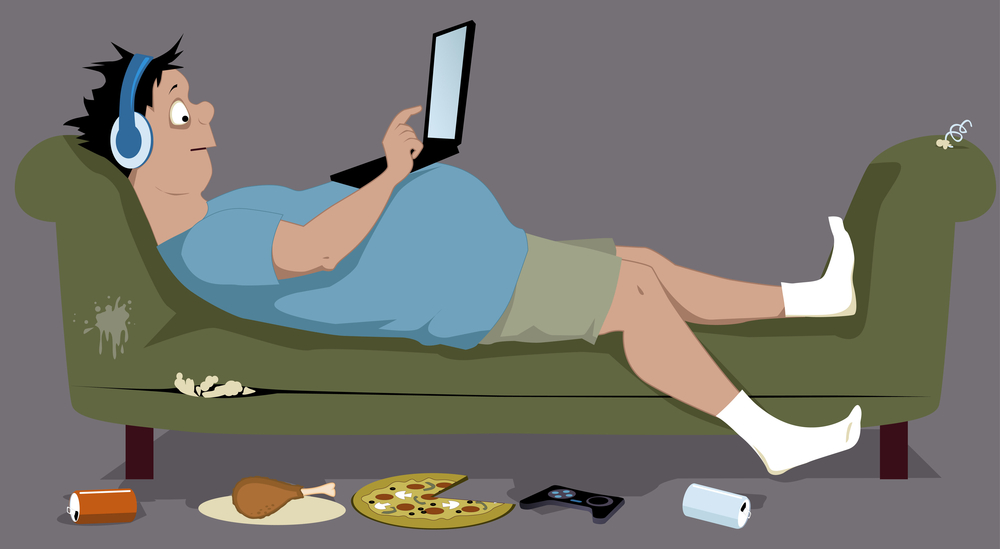
26 Apr Are You Too Comfortable With Your Comfort Zone?
When was the last time you took a new route to work or changed the part in your hair? Did you decide a really long time ago you didn’t like a certain food, like brussel sprouts, so you never, ever tried it again?
It’s easy to make a habit of behaviors that feel comfortable, flow smoothly, and only require occasional minor adaptation. Routines provide a safe feeling. You know what to expect. You come to identify with the person you see in the mirror.
Granted, there’s something to be said for making a habit of regular dental hygiene, for instance, or driving to work using a route with predictable stoplights and traffic patterns.
Habits allow you to funnel less mental energy into everyday routines. That frees up your mind for creative thoughts, like ‘what’s a seven-letter word for organic fertilizer?’
When you’re in your daily groove, you don’t always notice problems until they’re BIG ones. We follow the same patterns day to day, despite that tiny warning light that says ‘stop and check engine’.
Years ago, I struggled to recover from the depleting drugs and the emotional drain of chemo. It frustrated me that habits which used to comfort me – eating sweet, rich food, drinking coffee to wake up, and blaming other people for my problems – didn’t satisfy me anymore. My habits had formed a roadblock to healing.
Having a health crisis has a way of making you re-examine how you do just about everything. That’s how I discovered the truth about this old maxim – if you do what you’ve always done, you’ll get what you’ve always gotten.
When it comes to health care, we’ve been trained to get results without requiring a change of habits. A pill or surgery nudges the depression, the pain, or chronic irritation to stop bothering us. But this approach often masks the real issue, and we end up having to deal with the core problem eventually.
There’s no way around it. Getting genuinely healthy means making permanent CHANGE. And there’s no time like the present to start. My life coach called these small, sweet steps.
- Start by observing habitual behavior, like midnight snacking, mindless refills of coffee all morning, or even checking and re-checking email, texts, and social media 88 times a day (the national average for smartphone users).
- Decide ahead of time what you’ll do when faced with the temptation to snack, fill up your cup, and tap into social media to kill time.
- Be specific, then write it down. “I will only check my [insert social media platform] twice a day at [insert actual times].
- And then stick to it. Give yourself a week to catch on. And eventually you’ll get un-stuck, lose weight, sleep better, feel less pain, be less stressed out. And happier.
Every now and then, it’s healthy to fluster and confound your brain, shut down the cruise control driving those habits.
Like freshly hiked paths, these brain connections have to be ‘trod on’ over and over until the new behavior/thought is learned and becomes the new routine. That takes some work. It will frustrate and irritate you. It will tempt even the strongest of you to slip back into old patterns.
Without a plan, I always fail at this. I’m a genius at coming up with excuses for unhealthy behavior – my favorite one is “I don’t really have PROOF that this is a problem for me, so one more [insert behavior] won’t hurt.”
By mapping out my detour, I know where I’m going and what success looks like. At the new destination is a sense of accomplishment, pride, and a more flexible, creative me, with brain connections that lead to crossword answers like ‘compost’ [raise your hand if you got that one 🙂 ].




